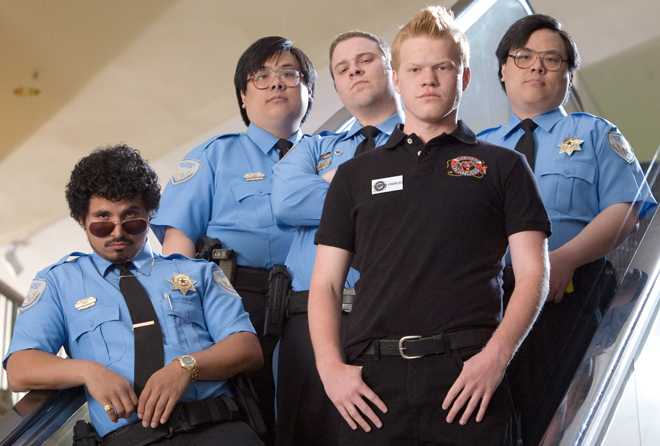Contrary to Popular Belief the Cuban Travel-Transaction Ban Is a Ban on Travel
This morning I came across an article which served as a marketing press release of sorts for a service where people could obtain assistance in obtaining citizenship in Dominica. The article contends that, as a U.S. citizen, part of the allure of obtaining Dominica citizenship is the ability to travel freely to Cuba. This article also made certain claims that there is no travel ban against U.S. person seeking to travel to Cuba; there is only a ban on travel-related transactions.
While possibly technically true, it is a misleading statement to make in light of the broad interpretation taken by the United States Department of the Treasury Office of Foreign Assets Control (“OFAC”) in determining whether or not an activity constitutes a transaction. Assuming, for example, that an individual swam to Cuba from the United States or some other country, and they slept outside, dining only on coconuts and grass which they gathered themselves, did not go to any tourist attractions, restaurants, theaters, sporting activities, and did not spend one penny on anything while in Cuba, then perhaps the Cuban sanctions program does not constitute a travel ban against that individual. However, for those of us choosing to live a less Spartan life-style, the ban on travel related transactions pertaining to travel to or from Cuba is very much a ban on travel.
Proclamations such as those found in the article referenced above are dangerous and can get innocent U.S. persons relying on such claims into trouble. Not only that, but those making such claims border on criminal liability as they are assisting the evasion of a U.S. economic sanctions program by giving advice on how to circumvent its requirements. The bottom line is and has been for some time that if you are a U.S. person–either a U.S. citizen or permanent legal resident–and do not fall under a general or specific license category which authorizes your travel to Cuba, you can not legally travel to Cuba.
Although enforcement of the Cuban Assets Control Regulations (“CACR”) has become more lax during the Obama Administration, there still is a ban on travel (travel related transactions) and it needs to be taken seriously unless the individual violating it is prepared to pay the consequences. If you seek to travel to Cuba and need assistance in determining whether your travel can be authorized, then make sure to contact an attorney who is familiar with both OFAC and the CACR before moving forward with your travel.
The author of this blog is Erich Ferrari, an attorney specializing in OFAC litigation. If you have any questions please contact him at 202-280-6370 or ferrari@ferrari-legal.com.


